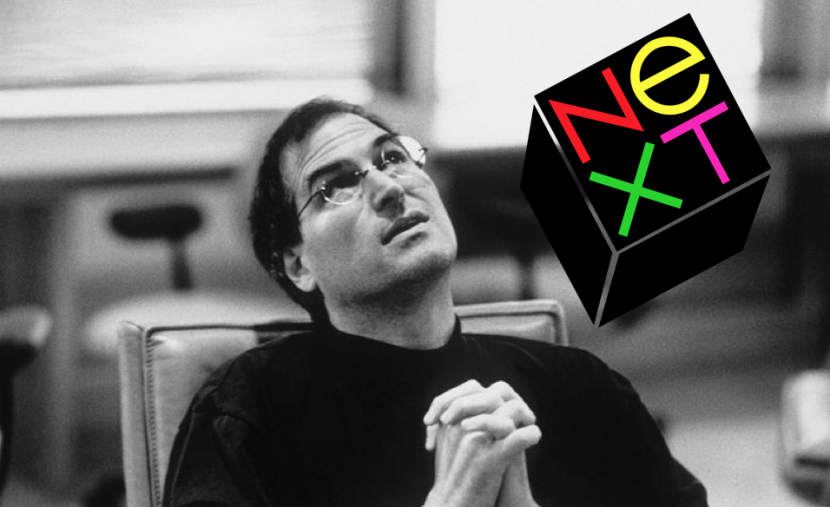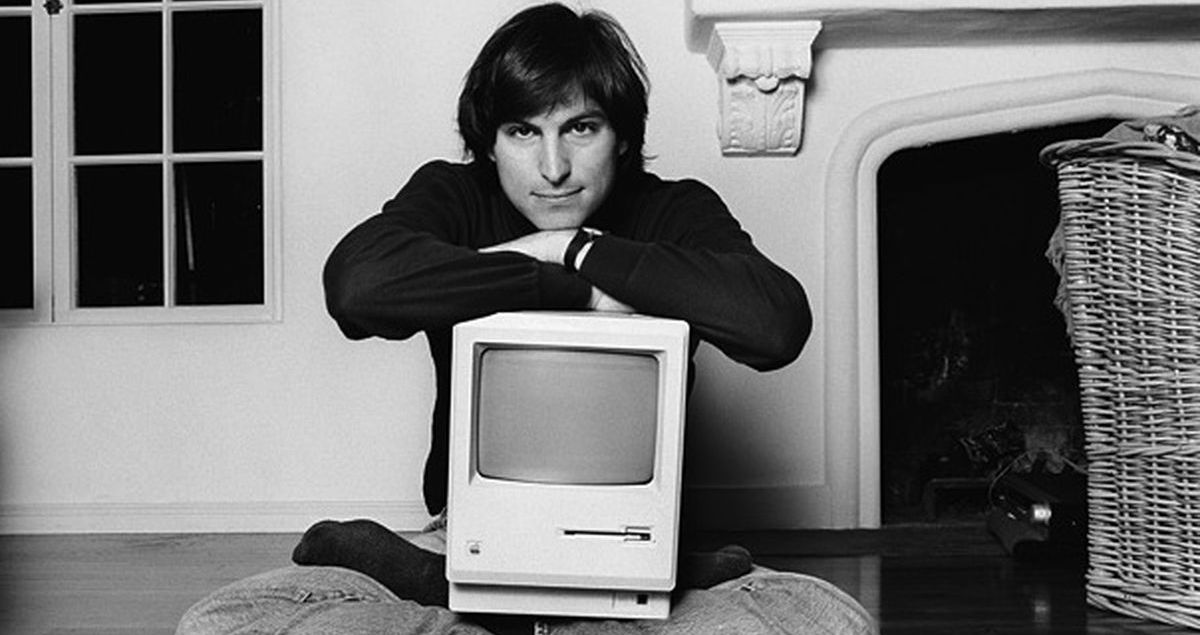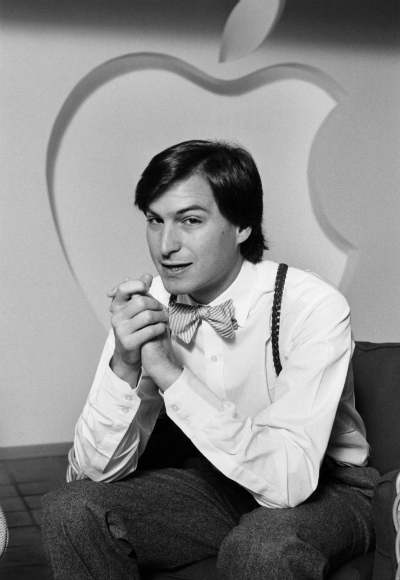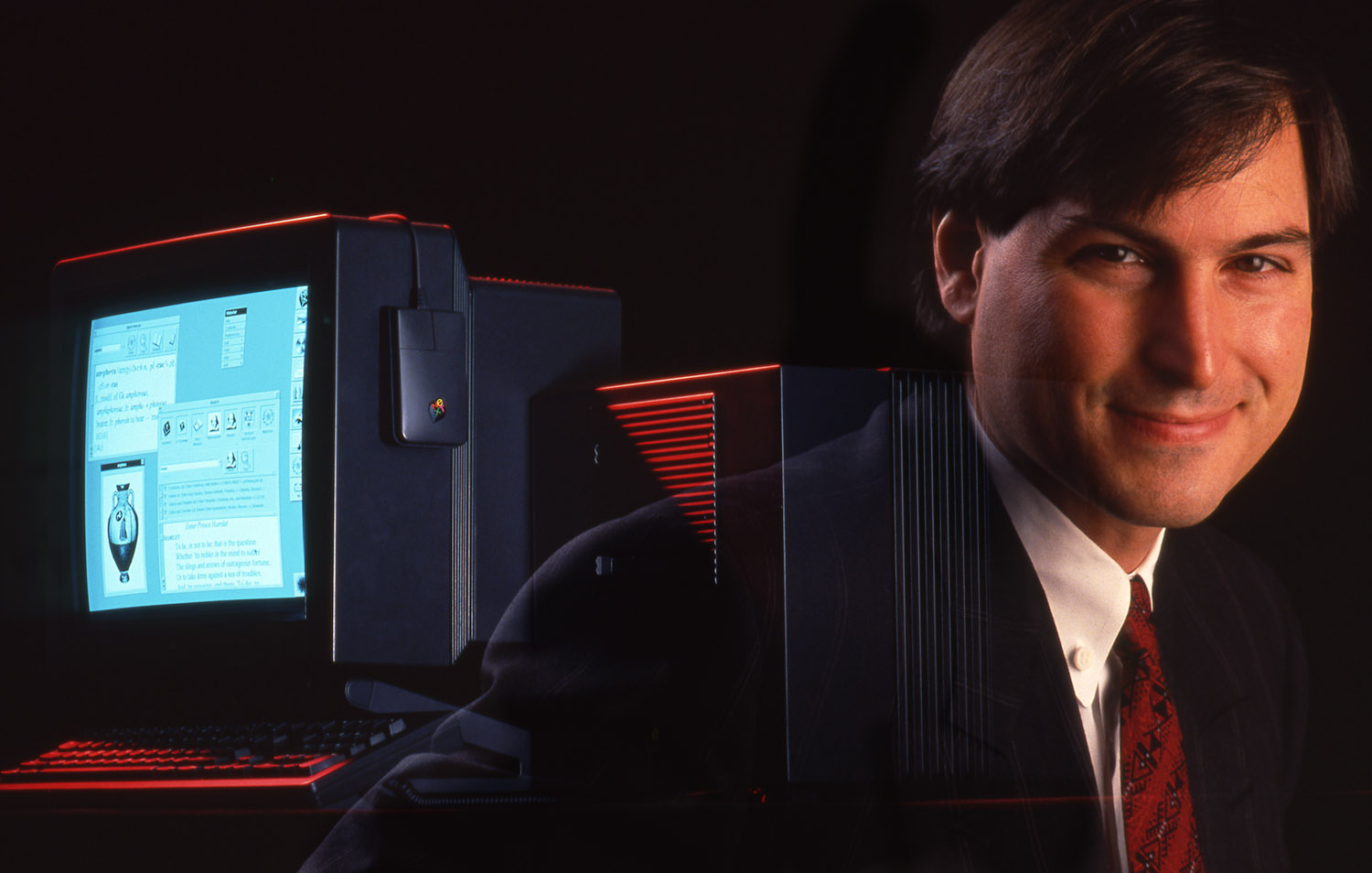On September 2, 1985, speculation began to peak that Steve Jobs, who had left Apple relatively recently, was founding his own company, which should compete with the Cupertino company. The breeding ground for the increase of these speculations was, among other things, the news that Jobs sold his "apple" shares worth $21,34 million.
That Jobs might say goodbye to Apple began to be speculated around the time he was relieved of his responsibilities at the then managerial position in the Macintosh division. The move was part of a sweeping reorganization orchestrated by then-CEO John Sculley and came just a year and a half after the first Mac went on sale. It received generally good reviews, but Apple was not satisfied with the sales.
In July, Jobs sold a total of 850 Apple shares for $14 million, followed by the sale of another half million shares for $22 million on August 7,43.
"The large number of shares and their high valuations are prompting industry speculation that Jobs may soon start his own business and may invite current Apple employees to join him," wrote InfoWorld on September 2, 1985.
It was kept secret from the media that Steve Jobs had an important meeting in September of that year with Nobel laureate Paul Berg, who at the time was sixty years old and working as a biochemist at Stanford University. During the meeting, Berg told Jobs about genetic research, and when Jobs mentioned the possibility of computer simulation, Berg's eyes reportedly lit up. A few months later, NeXT was founded.
Are you wondering how its creation is related to the aforementioned meeting? Jobs originally planned to produce computers for educational purposes as part of NeXT. Although it ultimately failed, NeXT started a new era in Jobs' career and heralded not only his return to Apple, but ultimately the resurrection of the moribund Apple company from the ashes.



